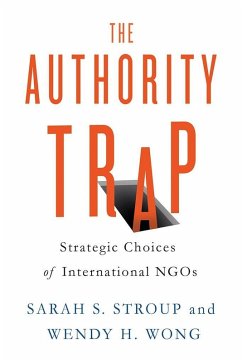The central task of all statebuilding is to create a state that is regarded as legitimate by the people over whom it exercises authority. This is a necessary condition for stable, effective governance. States sufficiently motivated to bear the costs of building a state in some distant land are likely to have interests in the future policies of that country, and will therefore seek to promote loyal leaders who are sympathetic to their interests and willing to implement their preferred policies. In The Statebuilder's Dilemma, David A. Lake addresses the key tradeoff between legitimacy and loyalty common to all international statebuilding attempts. Except in rare cases where the policy preferences of the statebuilder and the population of the country whose state is to be built coincide, as in the famous success cases of West Germany and Japan after 1945, promoting a leader who will remain loyal to the statebuilder undermines that leader's legitimacy at home.
In Iraq, thrust into a statebuilding role it neither anticipated nor wanted, the United States eventually backed Nouri al-Malaki as the most favorable of a bad lot of alternative leaders. Malaki then used the support of the Bush administration to govern as a Shiite partisan, undermining the statebuilding effort and ultimately leading to the second failure of the Iraqi state in 2014. Ethiopia faced the same tradeoff in Somalia after the rise of a promising but irredentist government in 2006, invading to put its own puppet in power in Mogadishu. But the resulting government has not been able to build significant local support and legitimacy. Lake uses these cases to demonstrate that the greater the interests of the statebuilder in the target country, the more difficult it is to build a legitimate state that can survive on its own.
In Iraq, thrust into a statebuilding role it neither anticipated nor wanted, the United States eventually backed Nouri al-Malaki as the most favorable of a bad lot of alternative leaders. Malaki then used the support of the Bush administration to govern as a Shiite partisan, undermining the statebuilding effort and ultimately leading to the second failure of the Iraqi state in 2014. Ethiopia faced the same tradeoff in Somalia after the rise of a promising but irredentist government in 2006, invading to put its own puppet in power in Mogadishu. But the resulting government has not been able to build significant local support and legitimacy. Lake uses these cases to demonstrate that the greater the interests of the statebuilder in the target country, the more difficult it is to build a legitimate state that can survive on its own.
Dieser Download kann aus rechtlichen Gründen nur mit Rechnungsadresse in A, D ausgeliefert werden.









